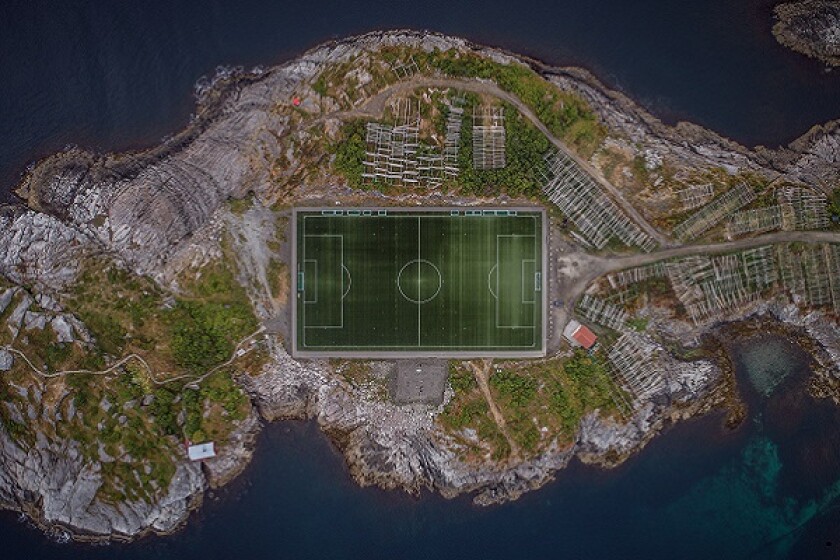Allianz Arena in Munich, Nissan Stadium in Yokohama, Neo Química Arena in São Paulo, Vodafone Park in Istanbul, and American Airlines Theatre in New York City. What do these iconic venues have in common besides gathering a lively and excited audience?
Like hundreds of other stadiums, arenas, office towers, theatres and concert halls around the globe, these venues are sponsored by corporations that acquire the rights to name them.
The naming rights strategy was first introduced in the US in 1926, when the American chewing gum company Wrigley named the Chicago Cubs Stadium as the Wrigley Field – the stadium still carries the name up until now. In 1972, the Rich Products Corporation signed the first naming right formal agreement: a 25-year deal for the Buffalo Bills' new stadium, which then became the Rich Stadium. This was just the beginning of a new advertising practice.
Globally, naming rights contracts have substantially increased in popularity since the 1980s. As many stadiums or arenas now host multi-sport competitions and often serve as a stage for concerts, venue-naming rights can present an excellent opportunity to expose brand names to a diverse customer base.
In terms of cost effectiveness, a brand’s addressable market can be accessed without the regular and high running costs that advertising boards on single concerts, matches or multimillion-dollar prime time slots require.
In Brazil, the most recent deal in sports puts a spotlight on Hypera Pharma, the country’s largest pharmaceutical company. In an agreement of $55.6 million, Hypera acquired the naming rights of Arena Corinthians, now called Neo Química Arena – one of the company’s most valuable brands. The 20-year deal also covers hosting rights for concerts and non-soccer events.
The benefits of the naming rights go far beyond their long-term exposure in total exclusivity to the public: corporations and brands become more easily associated with their engagement to environmental, educational, and cultural development.
Another category of partnership that companies explore to gain media exposure is the Title Sponsorship. Usually focused on events, expositions, programmes, this is a more targeted investment for companies, such as the Turkish Airlines EuroLeague, the Formula 1 Rolex Australian Grand Prix, and the Brazilian Petrobras Symphony Orchestra.
Nuestro Sound presented by Target, Rio Open presented by Claro and NAPA Auto Parts 200 presented by Dodge are a few examples of events that carry the sponsor name or brand in their titles. In this particular contract, the name of the event remains unchanged, but sponsors acquire the rights – that might be exclusive or not – in a prominent spot alongside the event name.
Naming rights and sponsorship deals may be delivered in a variety of formats to bring benefits for both sides. Through positive brand associations, injection of capital and broadened customer awareness, these strategies create desirable synergies – a profitable two-way partnership that may last for decades.
Carolina Schueler
Partner, Daniel Law
E: carolina.schueler@daniel-ip.com












